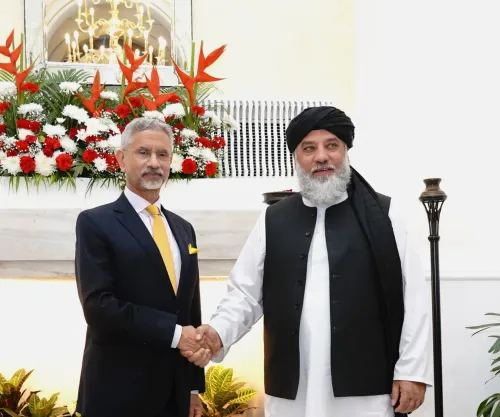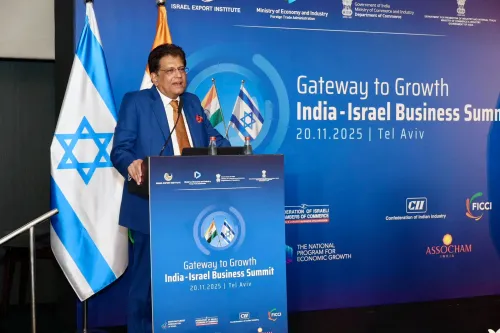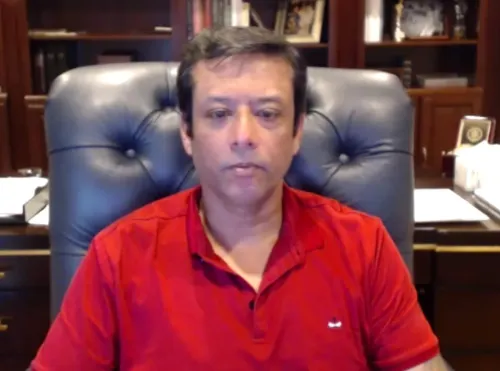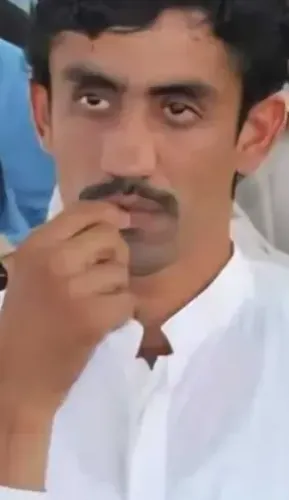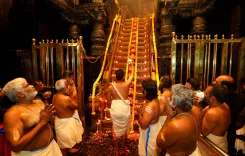What Role Did PM Modi Play at the G7 Summit's Outreach Session on Energy Security?
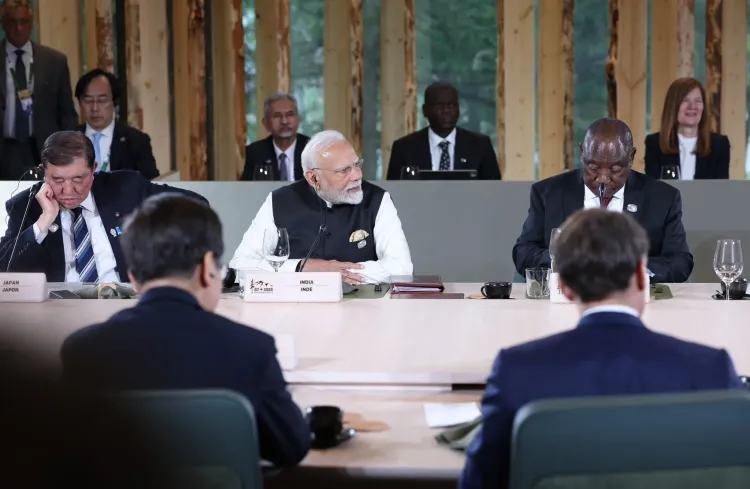
Synopsis
Key Takeaways
- Energy security is essential for sustainable development.
- India promotes global partnerships like the International Solar Alliance.
- Collaboration on AI and technology is necessary.
- Counter-terrorism is a priority for global peace.
- India's commitment to Net Zero reflects its leadership in climate action.
Kananaskis (Canada), June 18 (NationPress) Prime Minister Narendra Modi took part in an outreach session focused on energy security at the 51st G7 Summit on Tuesday.
In his speech, PM Modi emphasized the importance of achieving energy security for everyone via a sustainable and environmentally friendly approach. He elaborated on India's global efforts, including the International Solar Alliance (a treaty-based organization aimed at advancing solar energy), the Coalition for Disaster Resilient Infrastructure (CDRI) (a global partnership that enhances the resilience of infrastructure against climate and disaster risks with robust support from national governments), and the Global Biofuels Alliance. This information was shared by the Ministry of External Affairs (MEA) spokesperson Randhir Jaiswal via a post on the social media platform X.
During his address, PM Modi stated: "Artificial Intelligence is inherently energy-intensive. The sustainable fulfillment of energy demands in a technology-driven society can only be achieved through renewable energy. Ensuring energy that is affordable, reliable, and sustainable is a top priority for India."
He also mentioned that any technology's true worth lies in its ability to benefit every individual and that no country in the Global South should be overlooked.
India has democratized technology and empowered the economy and its citizens through Digital Public Infrastructure. PM Modi asserted that meaningful and qualitative data is vital for fostering inclusive, capable, and responsible AI.
"We must establish global governance to address AI concerns and encourage innovation. In the age of AI, collaboration between critical minerals and technology is crucial. We need to ensure secure and resilient supply chains for these resources," he noted.
He expressed concern over deep fakes, advocating for watermarks or clear declarations on AI-generated content.
"While the last century was marked by competition for energy, this century will require cooperation on technology. By adhering to core principles of availability, accessibility, affordability, and acceptability, India is committed to inclusive development," PM Modi asserted.
Despite being the fastest-growing major economy globally, India has met its Paris Commitments ahead of schedule and is on track to achieve Net Zero by 2070. Currently, renewable energy comprises about 50% of the country's total installed capacity.
He lamented that Global South nations face the brunt of uncertainties and conflicts, becoming the first casualties of crises related to food, fuel, fertilizer, and finance. India sees it as its duty to elevate the concerns and priorities of the Global South on the world stage.
"There can be no double standards regarding terrorism. The attack on April 22 was not just an assault on Pahalgam but on the essence, identity, and dignity of every Indian. Terrorism is a global threat against humanity and democratic values. For world peace and prosperity, our stance must be clear: any nation supporting terrorism must face consequences. We are quick to impose sanctions based on our interests," he added.
Reiterating India's commitment to counter-terrorism, PM Modi expressed gratitude to the G7 leaders for denouncing the heinous Pahalgam attack and urged them to mobilize global efforts against terrorism.
He also underscored India's experience in democratizing technology and its human-centric approach to its deployment, calling for a focus on global governance challenges to address AI concerns and foster innovation.

